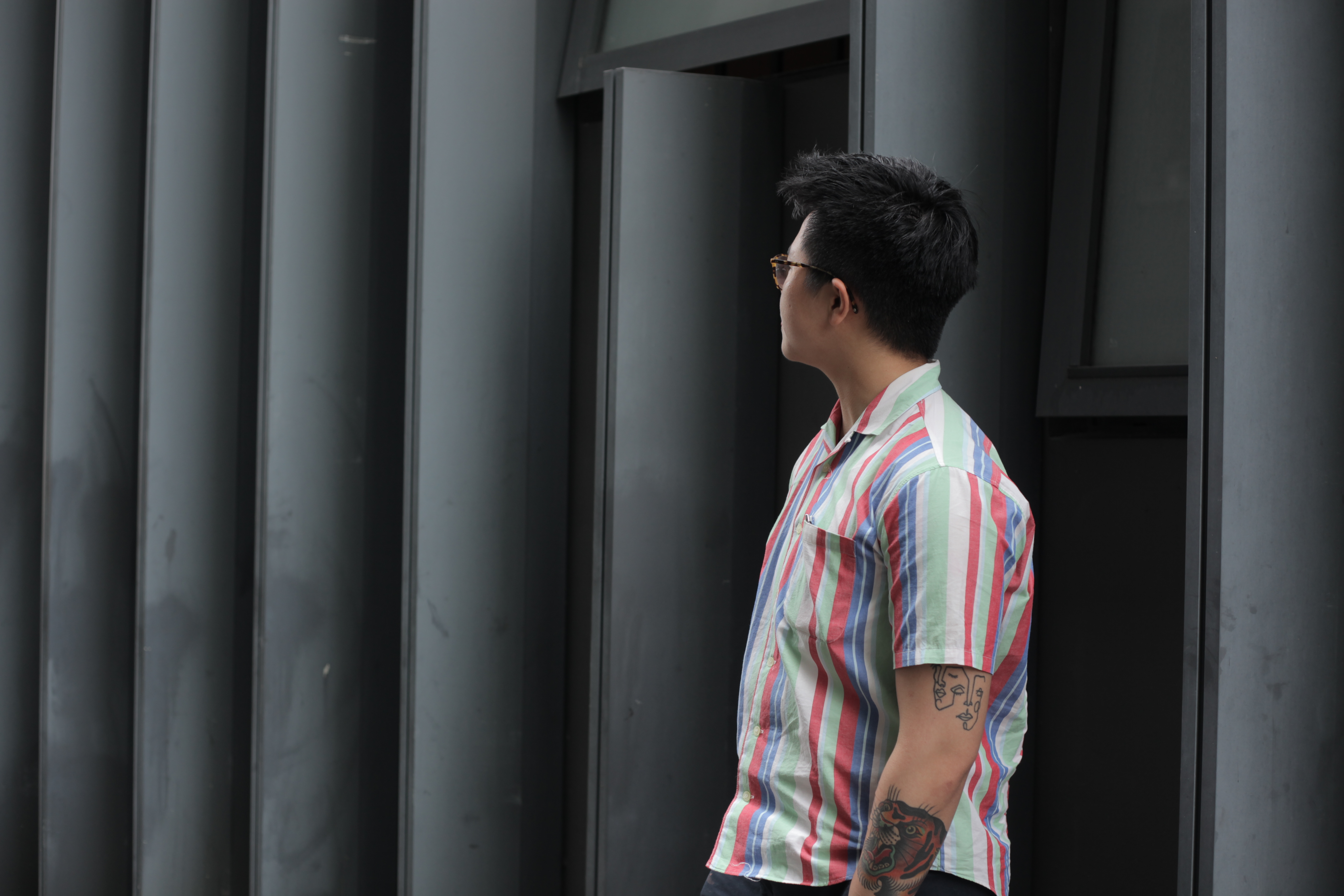Warning: This article contains content that some may find triggering.
Most people go by the pronouns ‘he’ or ‘she’ but for me, it’s neither. Instead, like many non-binary individuals, I identify with ‘they’ and ‘them’.
Growing up, there were always signs that I wasn’t quite attuned to the nature of a girl. I hated skirts, hated walking along the girls’ aisle, and contrarily, liked dressing up in my dad’s clothes. My aunt told me about how she once heard me screaming my head off from another room when my mum was forcing me to put on a dress — it was that bad.
When I was a primary school kid, I stumbled upon photos of this female bodybuilder. She had feminine appearances (long hair) but such a masculine body: she had a male chest and no breast tissues at all. Even at such a young age, I was amazed at how a biological female can have such a masculine body, and I remember wanting to have a body like hers.
In secondary school, I realised just how different I was compared to the other girls. I was nothing like the stereotypical female. I had morbid thoughts of self-harm because of how deeply unhappy I was with the way I appeared.
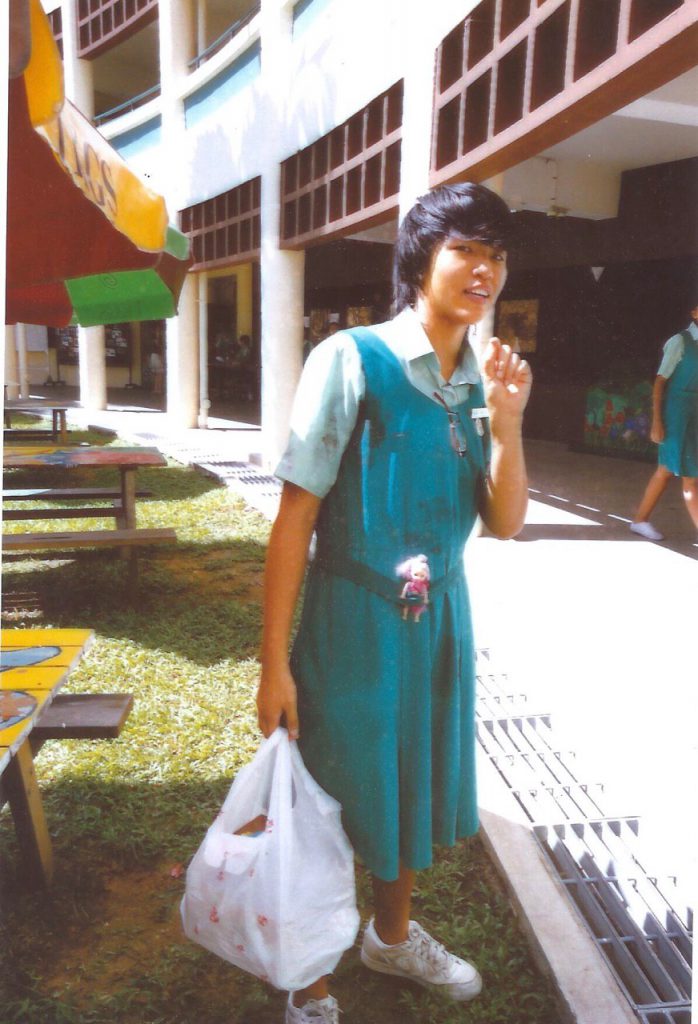
Image Credit: Cassius
However, I did not understand any part of those feelings back then. Because in the world I grew up in, we lived by the principles of the Bible.
How Can I Be Trans And Christian?
I was born into a devout Christian family. The kind where you will see shelves full of Christian paraphernalia the moment you step into our home.
My dad is a pastor, and my four brothers and I pretty much grew up in the church. We saw the world through the lens of Christianity, and only through that — where ‘sex before marriage’ and seeking ‘permission’ from the church elders before dating are very normal.
In my religion, there is only male and female, and this gender distinction is stated many times in the Bible. As Christian, the message that it is only right for one to be the gender that one is born as is clear as day. So all through my teenage years, I struggled with my gender identity, because even though I am born a female, I didn’t feel like it at all.
I hated the way I looked and I hated the way I sounded. The picture I had of myself in my mind differed so much from how I looked like in reality that I dissociated a lot. The way I felt about my body and identity made me very ashamed of myself. I felt inferior all the time and because I lacked self-confidence, I found it really hard to even interact with people.
I also doubted myself a lot. I thought that this was just a phase that everyone will go through. That maybe, I was just super anxious about myself and envisioning delusions to escape.
The mix of unhealthy and conflicting feelings manifested itself in the way I socialised – I couldn’t. I did not know how to, and did not have a lot of close friends. I also hate bothering people with my problems. All through my teenage years up until I was 23 last year, I kept to myself and internalised all of my negativity.
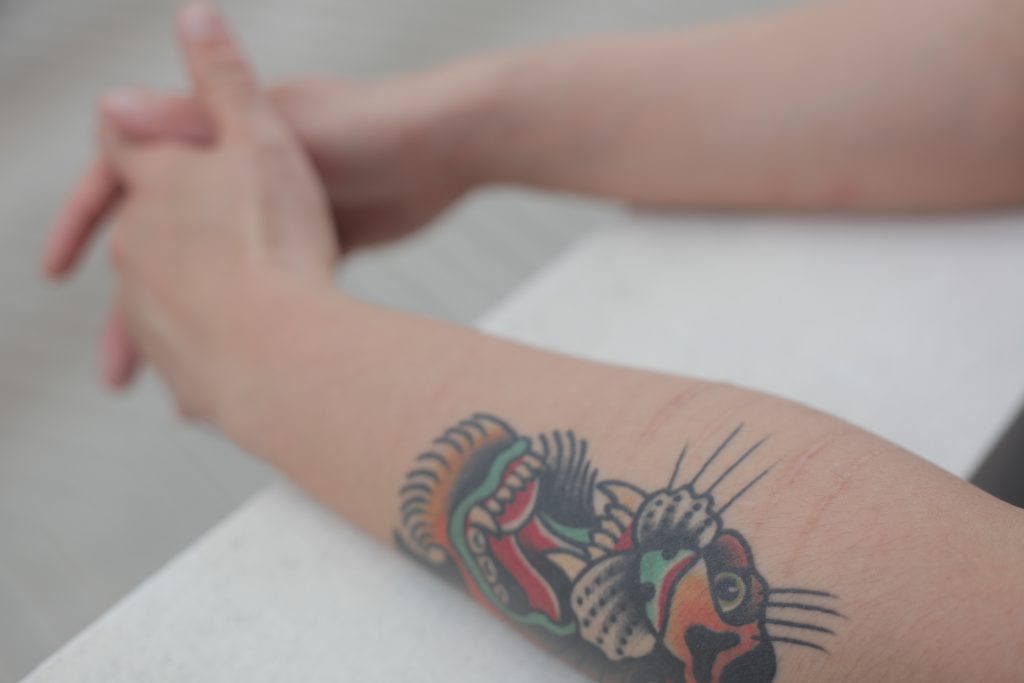
I spiralled into depression. I got into many relationships, even abusive ones, just to fill the void. I sought to self-harm, slashing myself to cope with the intense feelings of sadness and frustration. Back then, those were the only ways I knew how to deal with my emotions.
Everytime I thought I had made progress in accepting myself as transgender, I would spiral again.
There were many times I contemplated suicide. At one point, I lived everyday thinking that I would just die suddenly, like how a car will come out of nowhere and just hit me and kill me.
I felt like there was no meaning to anything. Every day, I was just surviving for tomorrow.
Then, in June 2018, I spiralled again and hit rock bottom.
At that point, I had been working at a restaurant in a bid to earn some income while figuring out what to do with my life. With guidance from my head chef, I manage to grow in character and confidence, and had risen through the ranks.
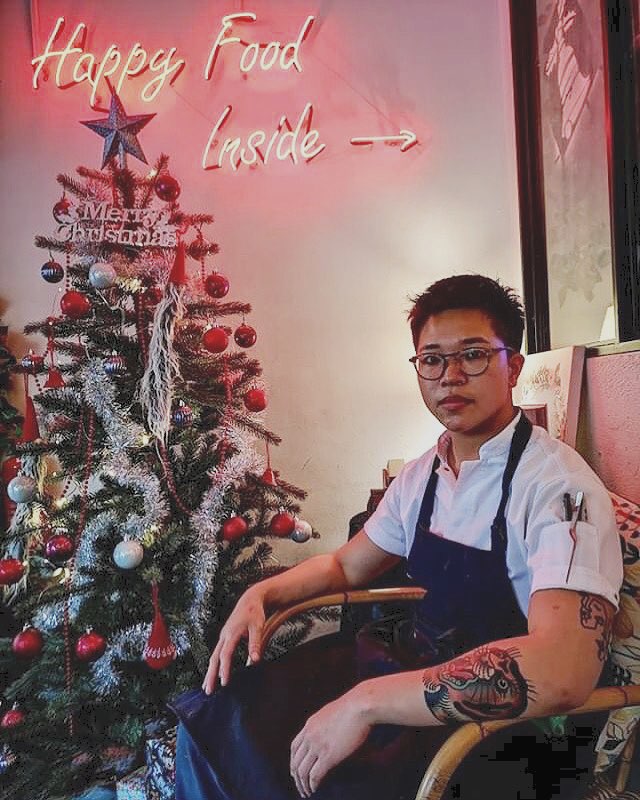
I had started to see some sort of purpose in life and I knew that there were only two options for me: Either take the necessary steps to change my life for good, or continue spiralling like what I have been doing for the past 23 years.
There were so many times I had wanted to take my own life and I knew that if I continued the way I was, I would go crazy trying to ‘fit in’, and I probably would not survive much longer.
However, the steps to changing my life include confronting one of the only two biggest fears I had in my life: coming out to my parents.
Coming out to my parents meant going against everything they stood for, and in our church, they believe that queer people are “scum of the earth”.
I took a month to look inwards. To confront all the unpleasant feelings I had buried deep within me. All the painful experiences I have had growing up, the cold exchanges I have had with my parents. All the times where I was struggling inside but they just weren’t there for me. Where I felt so alone. All the emotions that I pushed aside, because it was just so much easier to avoid thinking or feeling.
Dealing with all those feelings of sadness, frustration, anger, fear, and isolation that had been bottled up for so many years was very overwhelming. But I knew I had to deal with them to be clear of who I am exactly and who I want to be moving forward.
Beyond that, coming to terms with my own gender identity meant that I had to question every single thing that I ever believed in.
Having grown up with strong values of Christianity ingrained in me, and then having to go against these values in acceptance of myself, is like being thrown into the wild with no bearings of where I am. I had to relearn about the goings-on of the world and how to survive in this whole new landscape that I never saw and was never taught about growing up.
Then, I Came Out To My Parents
My mum was the first to find out.
She got very emotional and over our first dinner together after she found out, she kept saying things like “the Bible is my standard, is it yours?” And, “I have a conscience, I hope you do too.” She made it clear that I am someone with no morals if I choose to be this way.
That really broke my heart, because I was trying to be truthful and honest with them. I was really hoping to communicate with them, instead of us shutting each other out.
When I told her about how I felt, about how I never had feelings for guys, and about all the painful struggles I had internally growing up, all she said was, “are you being honest right now? Why are you lying?”
She also once said to me, “people like you never [use to] exist,” and, “people like you put us through so much pain and shame.”
My dad told me that he was not going to judge me but God will, and reiterated that he will never ever change his mind on marriage being only between a male and female.
I used to be suicidal. Coming out was my way of preserving my life and to respect the life that my parents have given me. Yet, my parents can only see this as my greed — that I am being selfish and trying to hurt them by being transgender.
It really breaks my heart to be rejected by the people who brought me up, and whom I still love dearly. It is the very reason why I feared coming out to them in the first place.
It is also disappointing that none of my brothers (except for one) ever acknowledged me for who I am either, or to be there for me.
Relearning How To Live Life
I am still trying to come to terms that my family will never accept me for who I am. The rejection still hurts, but I remind myself that it is equally hard for them to process the shock because of the many emotions involved. And I try not to let their rejection get to me.
I understand that if i didn’t change my way of thinking, I would have felt the way that they are feeling now — it took me a long time to understand that they are not out to be negative towards me, it is just what they were taught to do.
However, I live with guilt every single day knowing that my parents still love me. I see it through their littlest actions: when they ask me if I have eaten yet or when I will be reaching home. This guilt has often made me feel that I am not deserving of all the efforts they have put into raising me. But I know that I want to live true to how I feel. With that conviction, I also know that I have to overlook my parents’ expectations and the expectations that I put on myself.
When I made the decision to be openly transgender, my whole belief system was turned upside down. But being forced out of what I am familiar with helped me get out of the pit that I had put myself into all those years.
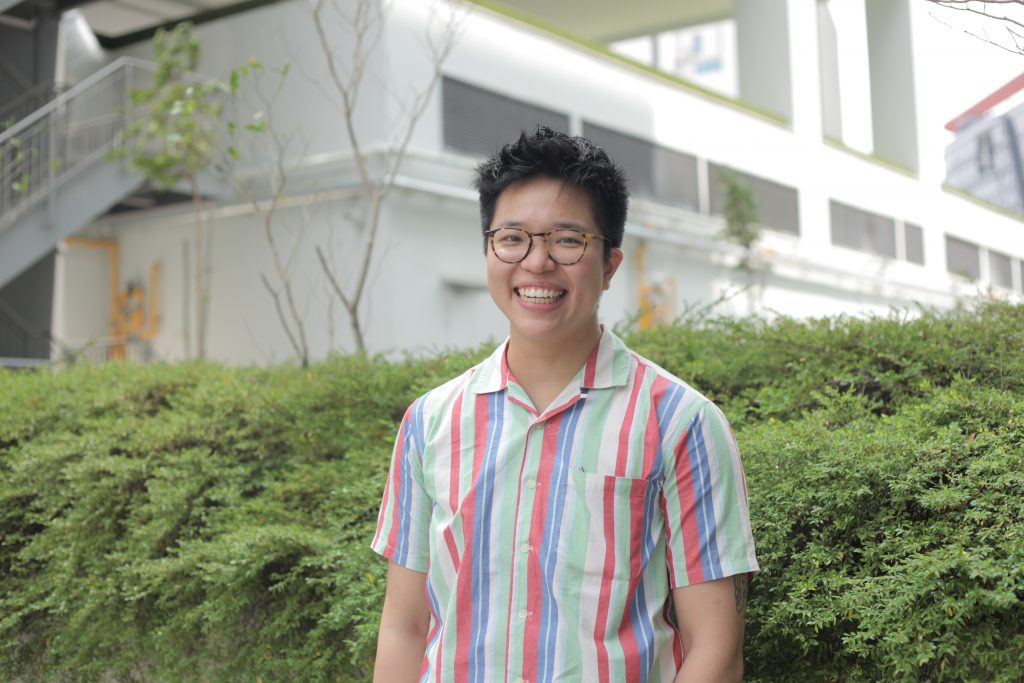
I don’t know if I can ever truly be the person I want to be — someone who is kind, and all the positives — but I think my suffering has really opened my eyes.
The rate of suicide among transgender individuals is very high. Being able to confront my denial and feelings has helped to phase out the many suicidal thoughts I use to have, because I now know who I want to be and how I want to live. Because of what I went through, I am able to persevere. However, there are many, many people who do not have the resources or support they need, and it is very hard for them to break out.
Being able to look inward and confront myself has changed my life, and it is the one thing I hope for those who are going through similar situations: Look within yourself, and learn to be vulnerable.
This story is written by Millennials of Singapore, as told to us by the featured individual.
–
Editor’s note:
This is a personal story and not a generalisation of the community. We have included specific mentions of a religion in this article solely for context purposes, the Millennials of Singapore team does not condone religious discrimination and persecution.
Also read: My Sexuality, My Right: “A Stranger Wanted Me To Apologise For My ‘Lesbian Appearance‘”.
